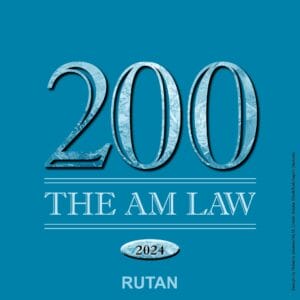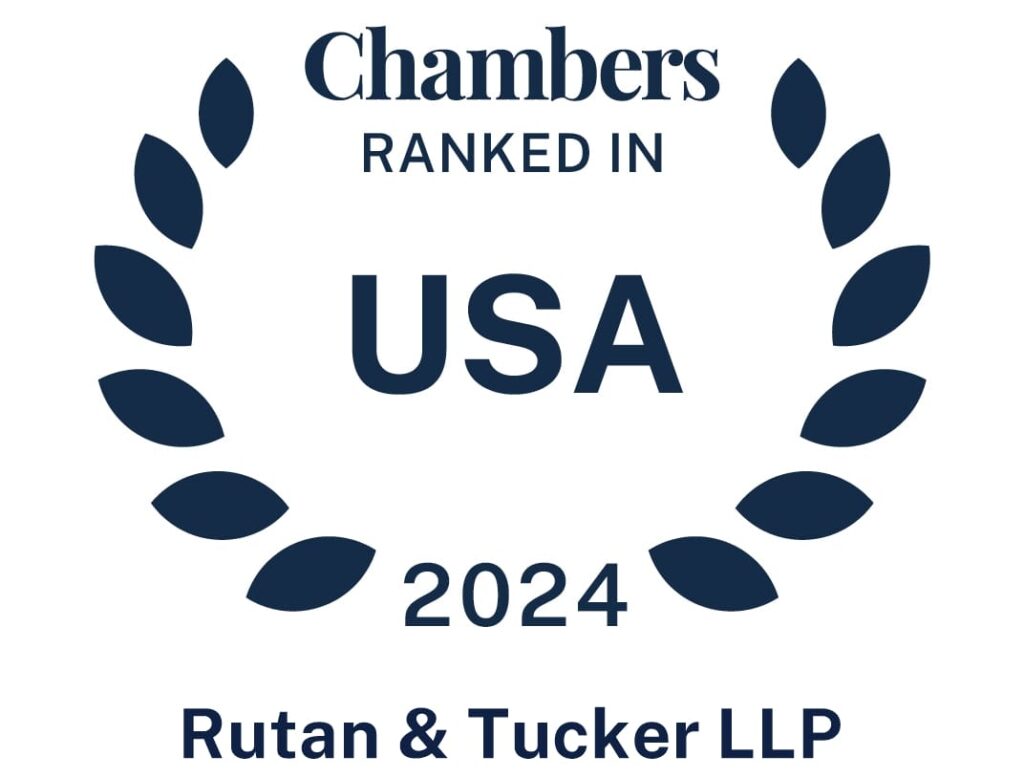In the recently-decided case of Konig v. U-Haul Company of California (Dec. 19, 2006), a California Court of Appeal held that an arbitration agreement waiving an employee’s right to pursue an employment-based class action was not unconscionable as a matter of law. In Konig, a former U-Haul employee sued the company in an attempted class action suit for unpaid wages and unfair business practices. Konig alleged that U-Haul failed to pay its employees overtime wages, failed to provide meal and rest breaks, and disseminated false information to its employees regarding their right to overtime pay. Konig alleged personal damages exceeding $25,000, and alleged that his claims were typical of all other class members. U-Haul moved the state trial court to compel arbitration pursuant to U-Haul’s arbitration policy, which all new and existing employees were expected to sign and acknowledge.[1] The arbitration policy bound all U-Haul employees to submit all covered claims against U-Haul to arbitration. In opposition, Konig argued that U-Haul’s arbitration policy was unconscionable because it prohibited class actions in violation of the California Supreme Court decision in Discover Bank v. Superior Court, 36 Cal. 4th 148 (2005). The Court of Appeal affirmed the trial court’s rejection of Konig’s argument that the arbitration policy was unconscionable. The court held that, while U-Haul’s arbitration policy did violate the “procedural unconscionability” prong of the legal test for unconscionability, the policy was not substantively unconscionable. To be unenforceable on unconscionability grounds in California, an arbitration policy must be both procedurally and substantively unconscionable. The Konig court analyzed the Discover Bank decision as holding that substantive unconscionability exists in class action waivers in arbitration policies exists when the dispute involves predictably small amounts of damages (such as consumer claims against credit card companies), and the claimant alleges a scheme deliberately to cheat large numbers of consumers individually out of small amounts of money. Because Konig’s claim was admittedly large enough to be brought on its own as a general jurisdiction claim (i.e., $25,000 or more), and because Konig asserted that his claim was typical of all other class claims, Konig had not satisfied this “predictably small claims” requirement that the Konig court read into the Discover Bank decision. Consequently, U-Haul’s arbitration policy was held to be enforceable. The Konig decision merits careful attention by employers who wish to enter into enforceable arbitration agreements with their employees, because it validates – under some circumstances, at least – class action waivers in employment agreements, even when those agreements are required to be accepted on a procedurally unconscionable “take-it-or-leave-it” basis. Employers should remember that courts look more favorably on arbitration agreements that clearly state what rights employees are waiving, and employers should be careful to obtain signed acknowledgments of such waivers from all employees. Employers also should be aware, however, that the California Supreme Court may weigh in during the coming months with its own view on this subject. On April 26, 2006, the Court accepted a similar case, Gentry v. Superior Court, for review (Case No. S141502). The parties have completed their briefing of that appeal, and the Court recently has received a number of amicus curiae (“friend of the court”) briefs from various companies, trade groups, unions, and plaintiff-oriented organizations with an interest in this hot topic. — James L. Morris — Stephanie Villaseñor UPDATE: On February 18, 2007, the California Supreme Court agreed to review the Court of Appeal’s decision in the Konig case. The Supreme Court’s order granting review stated that further action on the Konig appeal would be deferred pending consideration and disposition of a related issue in the Gentry v. Superior Court appeal referenced above. This grant of review by the Supreme Court requires lower courts to refrain from relying on the Court of Appeal’s ruling in Konig until the Supreme Court has disposed of the case, effectively meaning that the decision in Konig currently has no precedential value. As discussed above, the question presented in Konig may be framed as whether a class action waiver contained in an employment agreement is enforceable under the standards set forth in Discover Bank v. Superior Court (2005) 36 Cal.4th 148, 156. The Supreme Court’s decision in the Gentry and Konig cases will likely have an important impact on unconscionability standards in pre-dispute employment arbitration agreements. ——————————————————————————– [1] Interestingly, the policy also stated that accepting or continuing employment also constituted an agreement by the employee to be subject to the policy. The court’s opinion does not make clear how the court would decide an employee’s claim that he had not signed the document and therefore was not covered by it.



